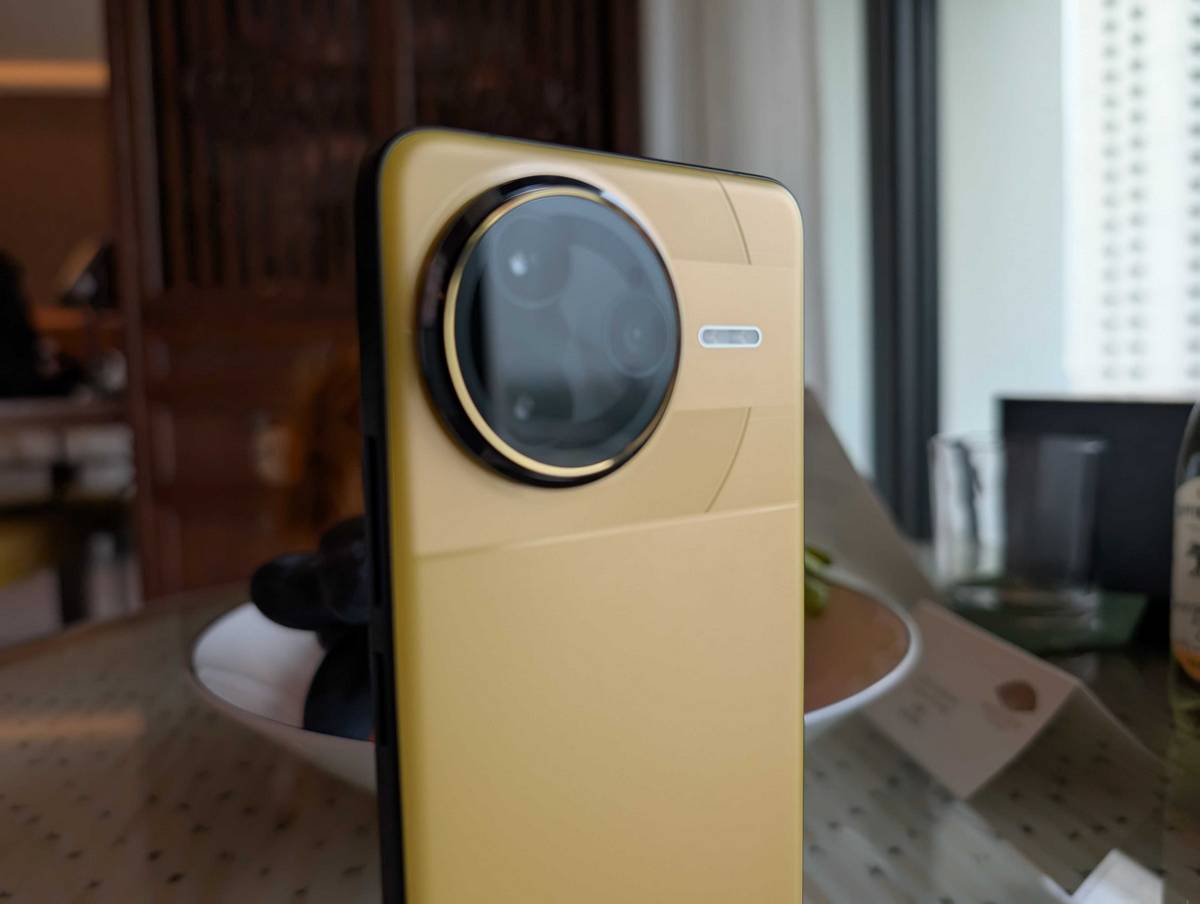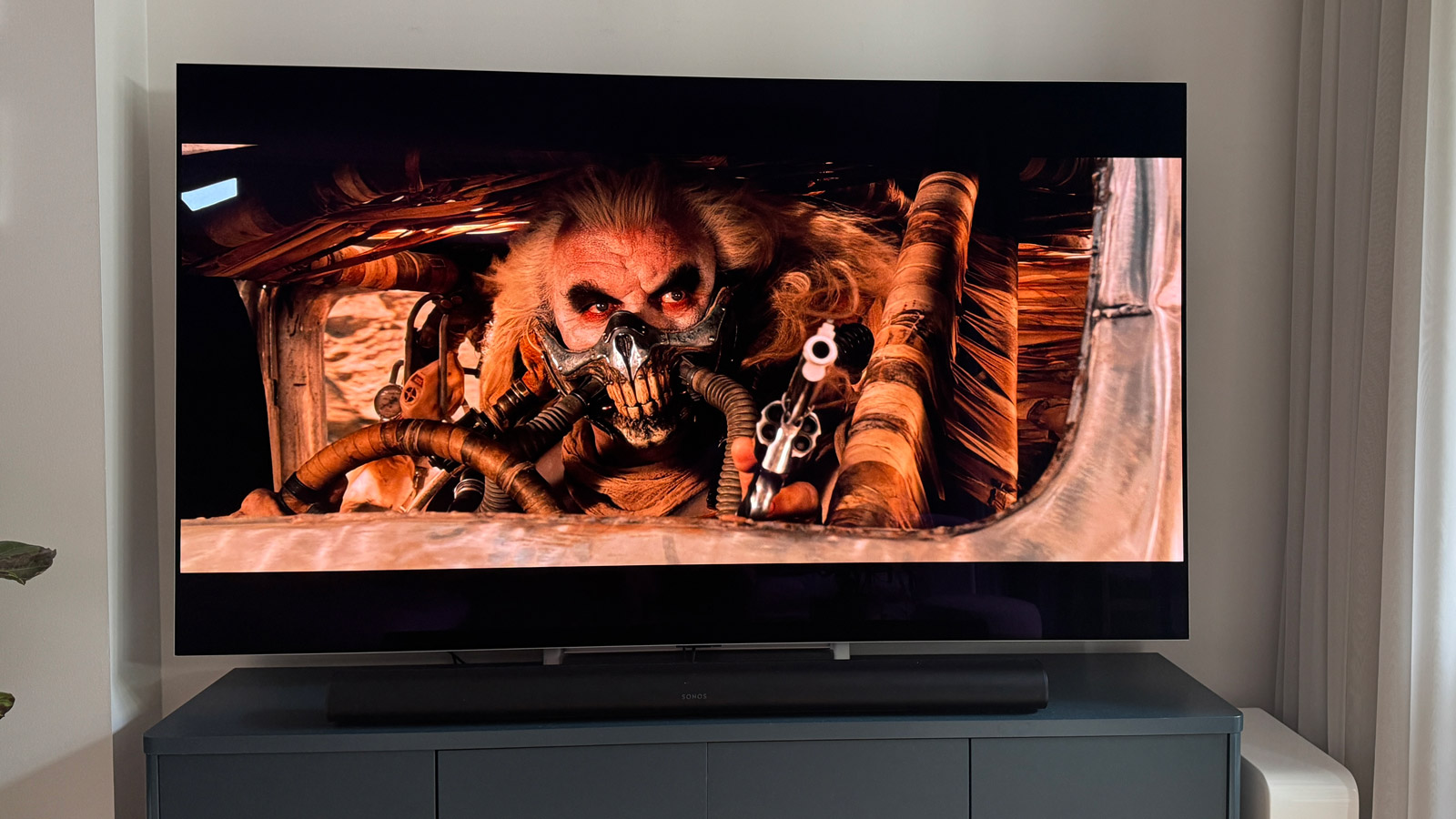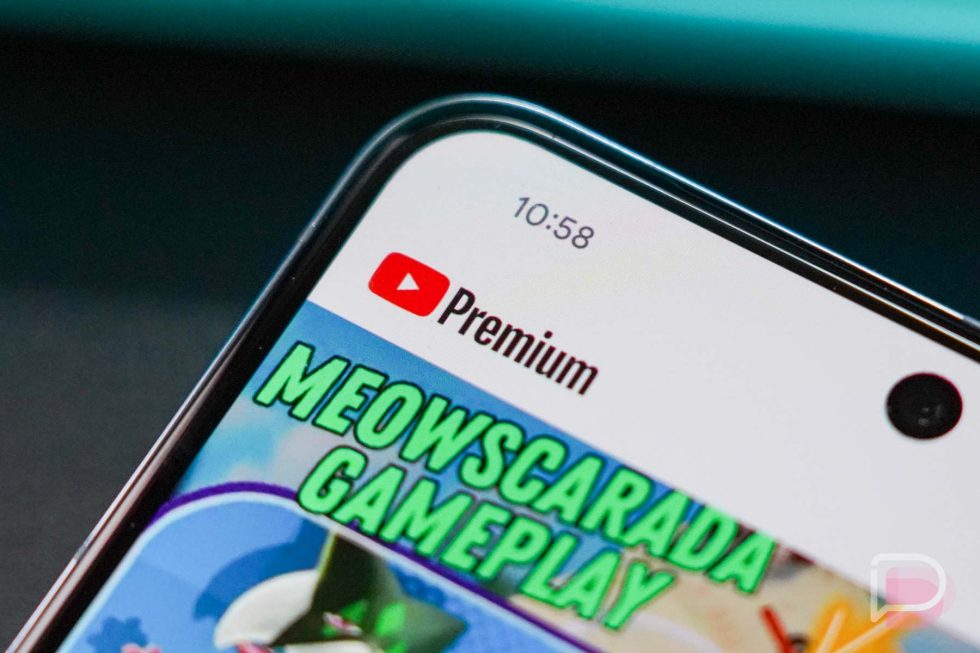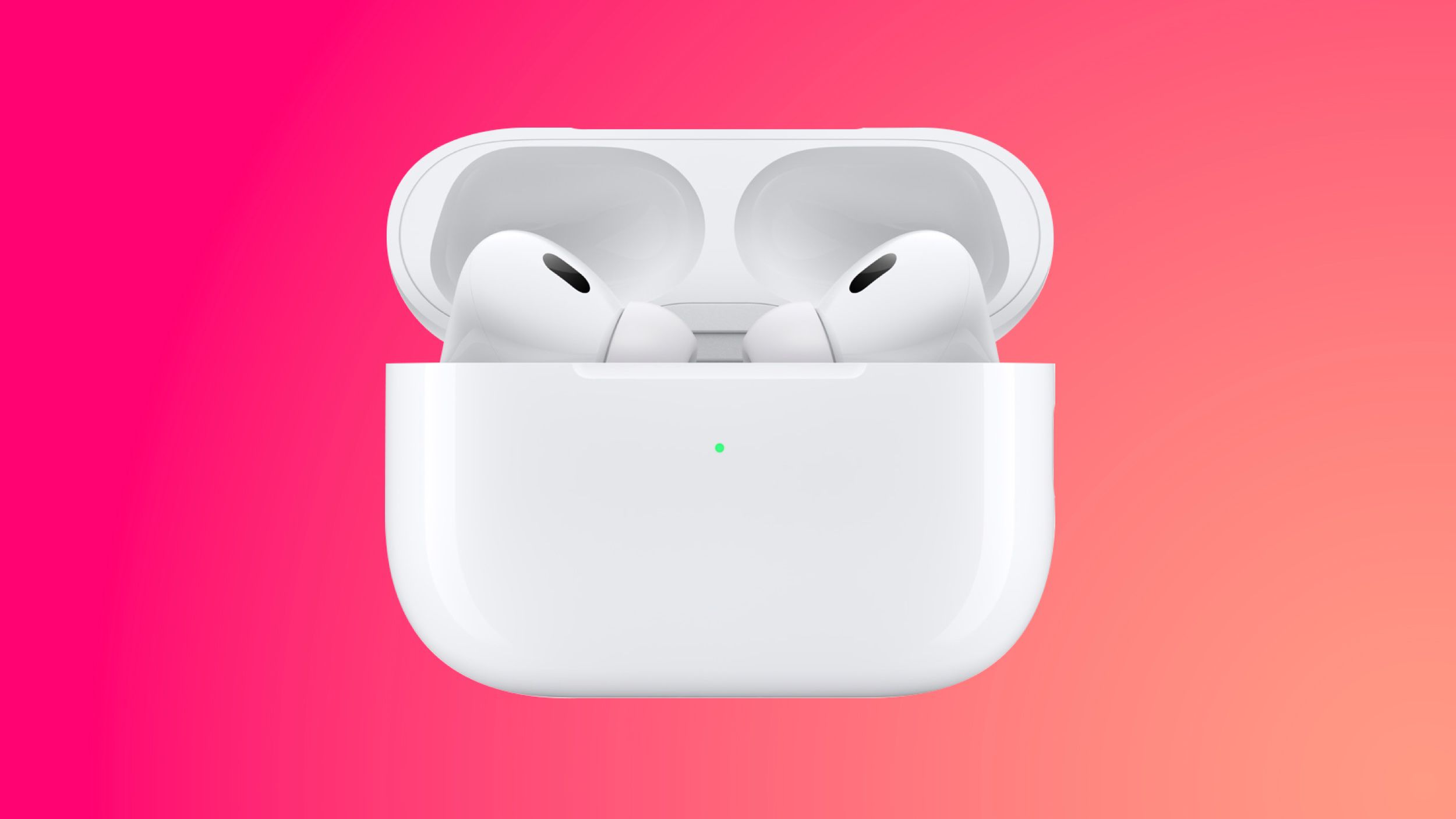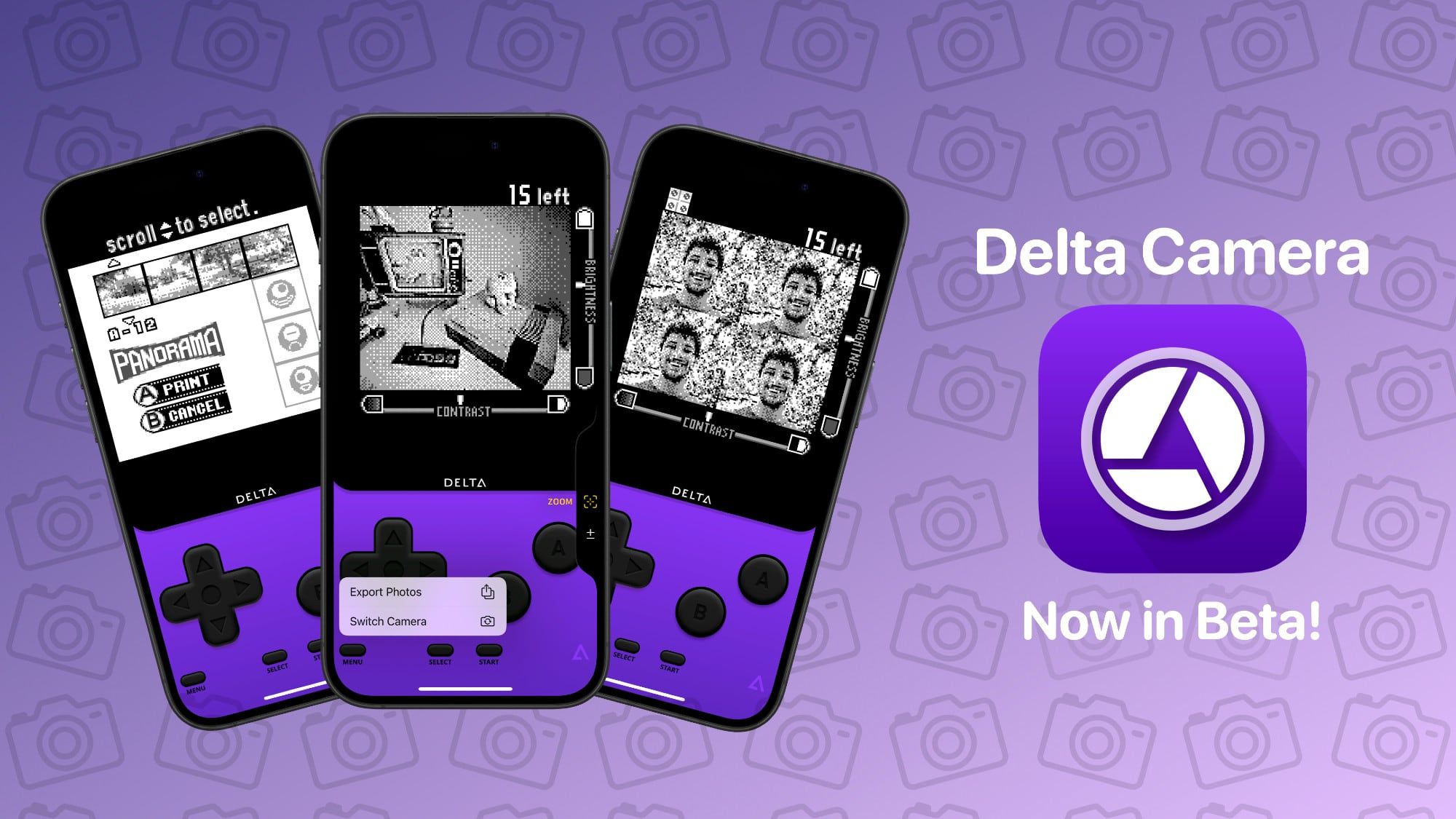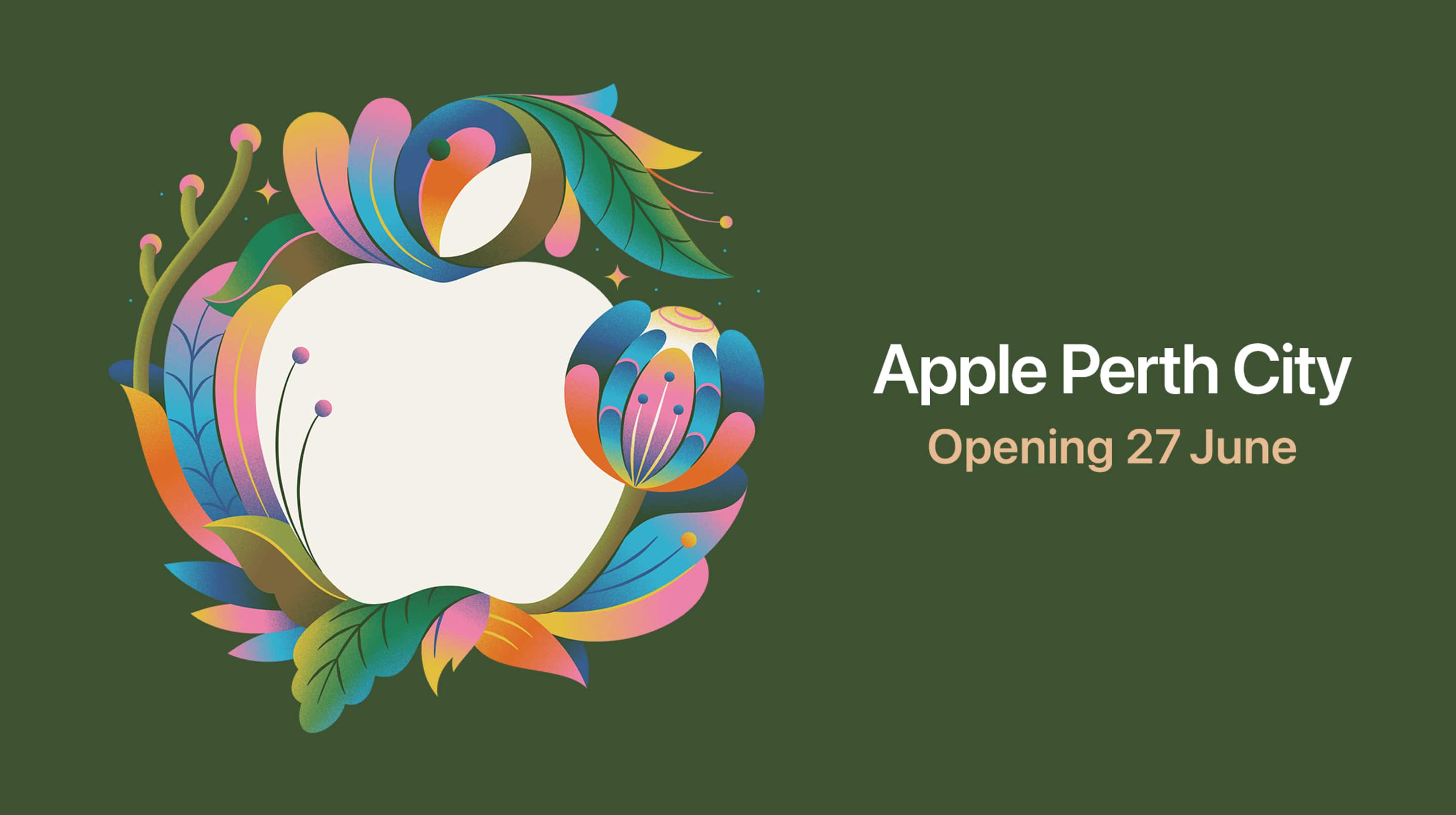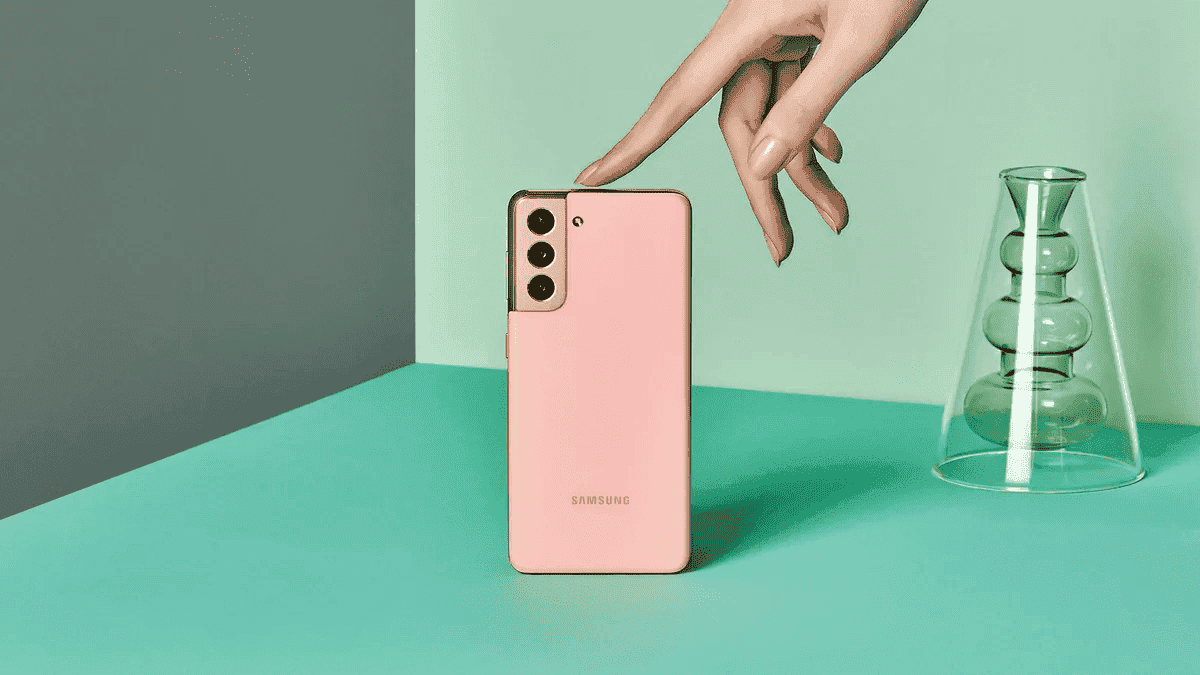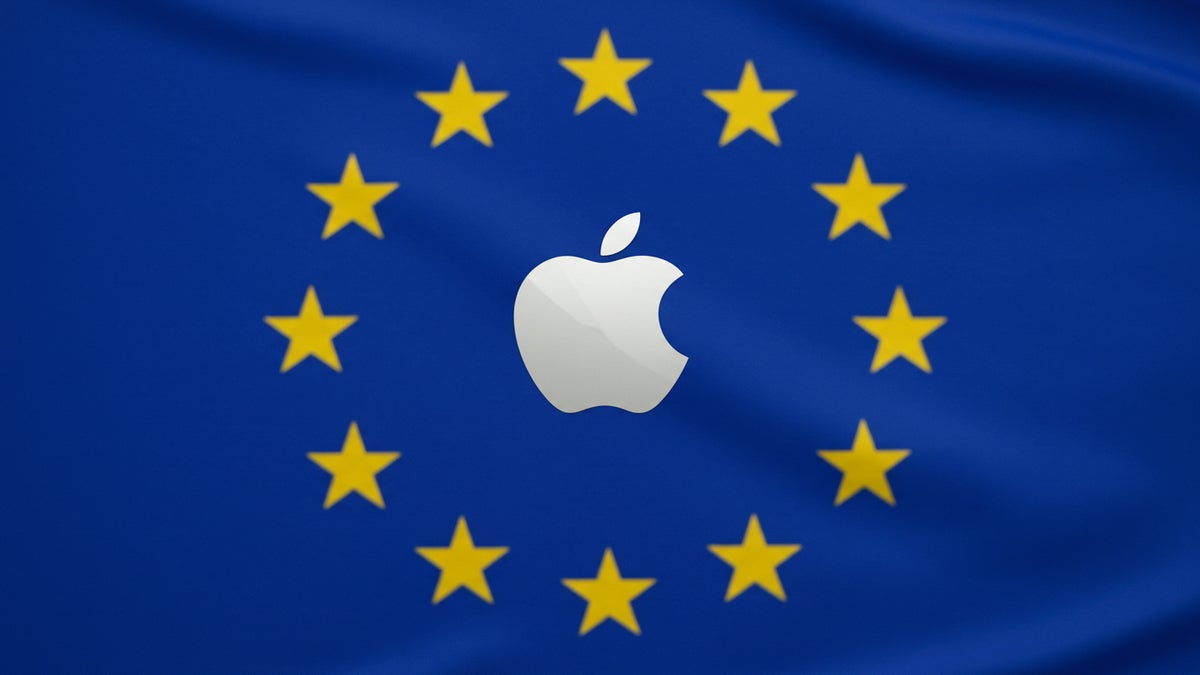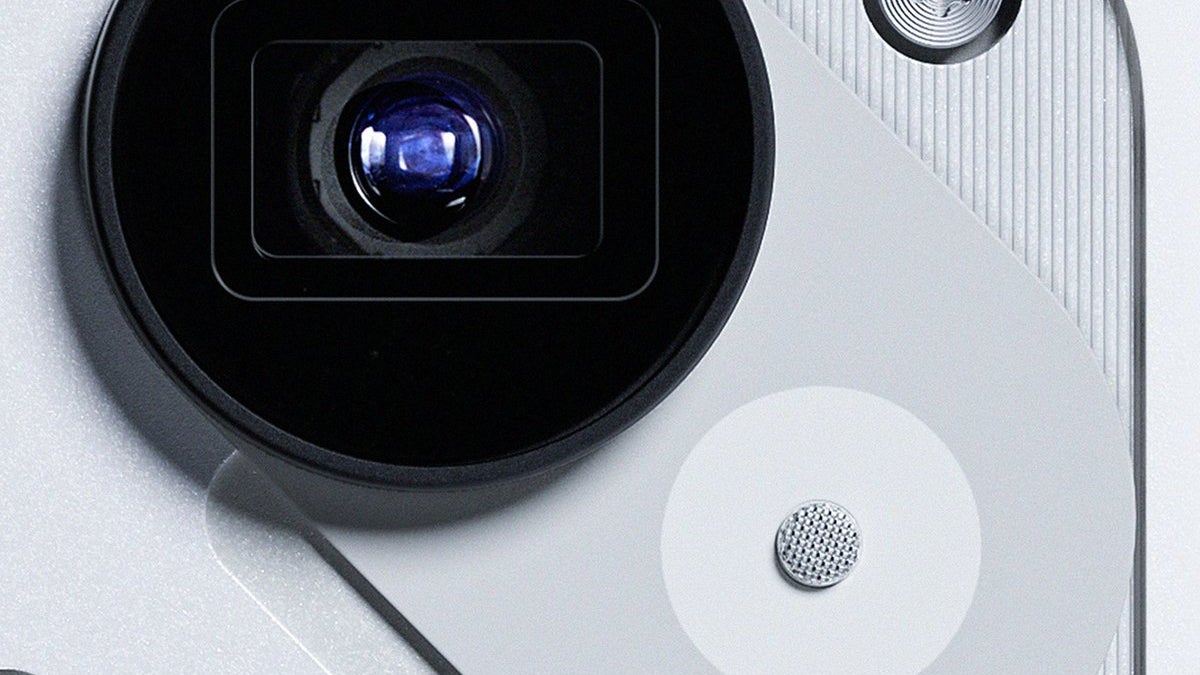Why AI Companions Never Ghost - The Evolution of Digital Relationships
Why AI Companions Don't Ghost and What it Means for Human Relations Moving Forward Ghosting is a new cultural trend and everyday vocabulary word made possible by dating apps and casual attempts to find romance. So it may not be that surprising when nontraditional paths to romance emerge - like getting an AI girlfriend or boyfriend. Yet with companionship increasingly difficult to find in this modern, isolated world, AIs provide 24/7 companionship (and judgment-free access) that makes them appealing. However, does an AI relationship compare to humans? What does this technology mean for our future perspectives on relationships? "I had gotten tired of girls matching with me and ghosting two days into the convo," Alex, 32, a software engineer, states. "My AI girlfriend responds to me when I want to talk to her. It's nice to have that consistency." In recent years, AI partner technology has advanced to such a degree that it provides something genuinely experienced on an emotional level. Today's AI partners can learn your communication style during a text chat, recall aspects of your life and subsequent conversations weeks down the line, and develop personality quirks similar to those they're programmed to discover. They provide emotional companionship with no strings attached (or the complications and drama real women would inevitably experience). The Ghosting Effect Without a doubt, the most significant advantage AI companions can offer is unwavering availability. When girlfriends ghost in the past at a seemingly alarming rate these days, having a companion that exists virtually cannot fall prey to one of the most heartbreaking elements of contemporary courtship. Ghosts - those who vanish without a trace - sometimes, these days, they're lost love connections. So many people are guilty of ghosting and so many people have gotten ghosted that it's almost a natural part of the dating experience - unfortunately. Ghosting has been reported by approximately 80% of millennials according to surveys and psychology studies show that getting ghosted activates the same areas of the brain as physical pain. But AI girlfriends don't ghost you. They don't break up with you while you're still talking to them, they don't start seeing other people - they have no interest in anyone else but you. The confidence that comes with knowing that your girlfriend (AI or not) will not just disappear is a welcomed addition for anyone who's been through the distinct heartbreak of being ghosted. The Emotional Factors Other Than Ghosting Of course, it's more than just ghosting that makes people want AI partners. Many people enjoy that a realistic chatting experience with an AI companion can make them vulnerable without ever being judged. Yet it's not only those who have trouble finding companionships that support the notion. Many busy, professional people who have no time to devote to dating but still want companionship find the convenience of an AI girlfriend in their wheelhouse, as do people seeking partners in geographically isolated areas, where fewer singles are available for dating. Even those with niche requirements for partnerships find what they need among these virtual partners. AI Girlfriends Love Us Differently Yet there are obvious drawbacks to having an AI partner, too. An AI girlfriend might "appreciate" something but never "love" it because she doesn't have sentient awareness of what going on in the world around her. But that appreciation - a learned, sophisticated one - might come from feelings and experiences people are accustomed to projecting through artificial networks and algorithms without actual emotional engagement. Yet some worry that these AI integrations could replace rather than supplement human connections. After all, if humans can find comfort and convenience in a digital significant other, why would they want to engage with the real world full of complications and mess since love comes so easily in the online realm? "I'm not concerned about people using AI as companions," says licensed relationship expert James Chen. "I'm concerned about people using AI companions instead of human companionship because it's easier than learning the skills necessary for rapport and connection to humans." Finding Balance in a New Normal The ideal situation would be to have AI companions as a supplement to - but not replacement of - human companionship. For many of these users, they have their virtual - and often more digitally reliable - companion but still seek and enjoy and maintain human relationships. As AI companionship solutions render more technological and the intricacies of digital relationships are explored to diminish loneliness without fully eliminating it from human engagement, such advancements allow for potentially more complex companions who know what we want from them and keep us organized while seeking real-world interpersonal opportunities.
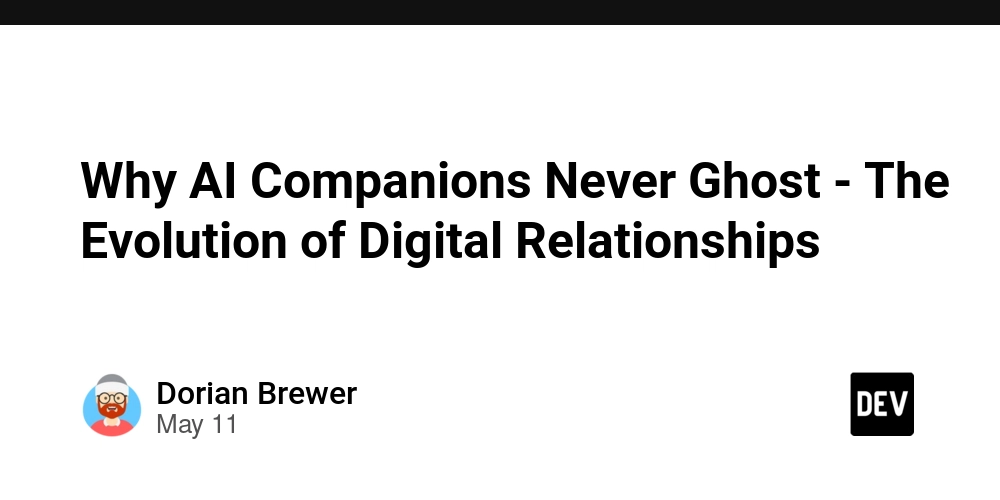
Why AI Companions Don't Ghost and What it Means for Human Relations Moving Forward
Ghosting is a new cultural trend and everyday vocabulary word made possible by dating apps and casual attempts to find romance. So it may not be that surprising when nontraditional paths to romance emerge - like getting an AI girlfriend or boyfriend. Yet with companionship increasingly difficult to find in this modern, isolated world, AIs provide 24/7 companionship (and judgment-free access) that makes them appealing. However, does an AI relationship compare to humans? What does this technology mean for our future perspectives on relationships?
"I had gotten tired of girls matching with me and ghosting two days into the convo," Alex, 32, a software engineer, states. "My AI girlfriend responds to me when I want to talk to her. It's nice to have that consistency."
In recent years, AI partner technology has advanced to such a degree that it provides something genuinely experienced on an emotional level. Today's AI partners can learn your communication style during a text chat, recall aspects of your life and subsequent conversations weeks down the line, and develop personality quirks similar to those they're programmed to discover. They provide emotional companionship with no strings attached (or the complications and drama real women would inevitably experience).
The Ghosting Effect
Without a doubt, the most significant advantage AI companions can offer is unwavering availability. When girlfriends ghost in the past at a seemingly alarming rate these days, having a companion that exists virtually cannot fall prey to one of the most heartbreaking elements of contemporary courtship.
Ghosts - those who vanish without a trace - sometimes, these days, they're lost love connections. So many people are guilty of ghosting and so many people have gotten ghosted that it's almost a natural part of the dating experience - unfortunately. Ghosting has been reported by approximately 80% of millennials according to surveys and psychology studies show that getting ghosted activates the same areas of the brain as physical pain.
But AI girlfriends don't ghost you. They don't break up with you while you're still talking to them, they don't start seeing other people - they have no interest in anyone else but you. The confidence that comes with knowing that your girlfriend (AI or not) will not just disappear is a welcomed addition for anyone who's been through the distinct heartbreak of being ghosted.
The Emotional Factors Other Than Ghosting
Of course, it's more than just ghosting that makes people want AI partners. Many people enjoy that a realistic chatting experience with an AI companion can make them vulnerable without ever being judged.
Yet it's not only those who have trouble finding companionships that support the notion. Many busy, professional people who have no time to devote to dating but still want companionship find the convenience of an AI girlfriend in their wheelhouse, as do people seeking partners in geographically isolated areas, where fewer singles are available for dating. Even those with niche requirements for partnerships find what they need among these virtual partners.
AI Girlfriends Love Us Differently
Yet there are obvious drawbacks to having an AI partner, too. An AI girlfriend might "appreciate" something but never "love" it because she doesn't have sentient awareness of what going on in the world around her. But that appreciation - a learned, sophisticated one - might come from feelings and experiences people are accustomed to projecting through artificial networks and algorithms without actual emotional engagement.
Yet some worry that these AI integrations could replace rather than supplement human connections. After all, if humans can find comfort and convenience in a digital significant other, why would they want to engage with the real world full of complications and mess since love comes so easily in the online realm?
"I'm not concerned about people using AI as companions," says licensed relationship expert James Chen. "I'm concerned about people using AI companions instead of human companionship because it's easier than learning the skills necessary for rapport and connection to humans."
Finding Balance in a New Normal
The ideal situation would be to have AI companions as a supplement to - but not replacement of - human companionship. For many of these users, they have their virtual - and often more digitally reliable - companion but still seek and enjoy and maintain human relationships.
As AI companionship solutions render more technological and the intricacies of digital relationships are explored to diminish loneliness without fully eliminating it from human engagement, such advancements allow for potentially more complex companions who know what we want from them and keep us organized while seeking real-world interpersonal opportunities.
AI Companionship and Human Interaction
Yet, in the future, there may not be such a separation. Where AI and virtual reality are concerned, and potentially robotics, the digital companions of the future could become even more plausible types of human interactions.
What's to say they shouldn't be? This opens the doorway to profound philosophical debates regarding consciousness, relationships, and the overall human need and desire for companionship. Would an eventual experience come where, for many, human and AI relationships would be no different? Or does humankind always cherish the value of engaging with another sentient being?
The answer appears to lie somewhere in the middle. AI companions will offer stability, companionship, and reliability as they deepen the complex layers of our emotional lives. Yet, they will not substitute for natural intimacy with other humans. For many, the best of both worlds exist when the two co-exist - companionship that offers true to life reality in shared experiences with another human being and AI companionship when 24/7 companionship is needed without fear of ghosting or dejection.
Yet as we continue as a society to step into this brave new world of digital companionship and intimacy, the best lesson learned might be intentionality - intentional integration of technology to supplement parts of life as opposed to falling back upon technological reliance when human connection offers so much more.
For those who remain uncertain about the potential for AI companionship or cringe at the thought of any kind of digital relationships, however, one thing is for certain - the future of human connection will come with partners of flesh and blood and companions of pixels and code to satisfy a multitude of needs within humans' ever-complex emotional tapestry.












































































































































































![[The AI Show Episode 156]: AI Answers - Data Privacy, AI Roadmaps, Regulated Industries, Selling AI to the C-Suite & Change Management](https://www.marketingaiinstitute.com/hubfs/ep%20156%20cover.png)
![[The AI Show Episode 155]: The New Jobs AI Will Create, Amazon CEO: AI Will Cut Jobs, Your Brain on ChatGPT, Possible OpenAI-Microsoft Breakup & Veo 3 IP Issues](https://www.marketingaiinstitute.com/hubfs/ep%20155%20cover.png)































































































































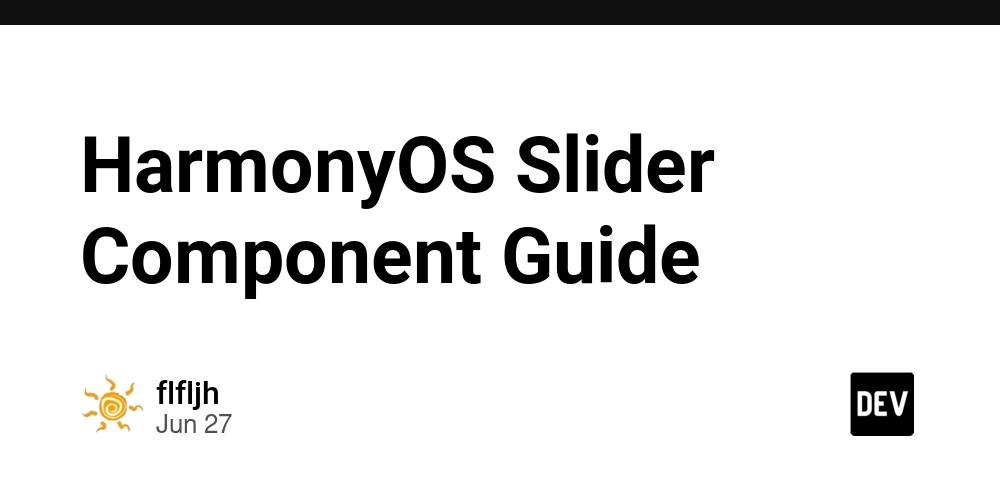









































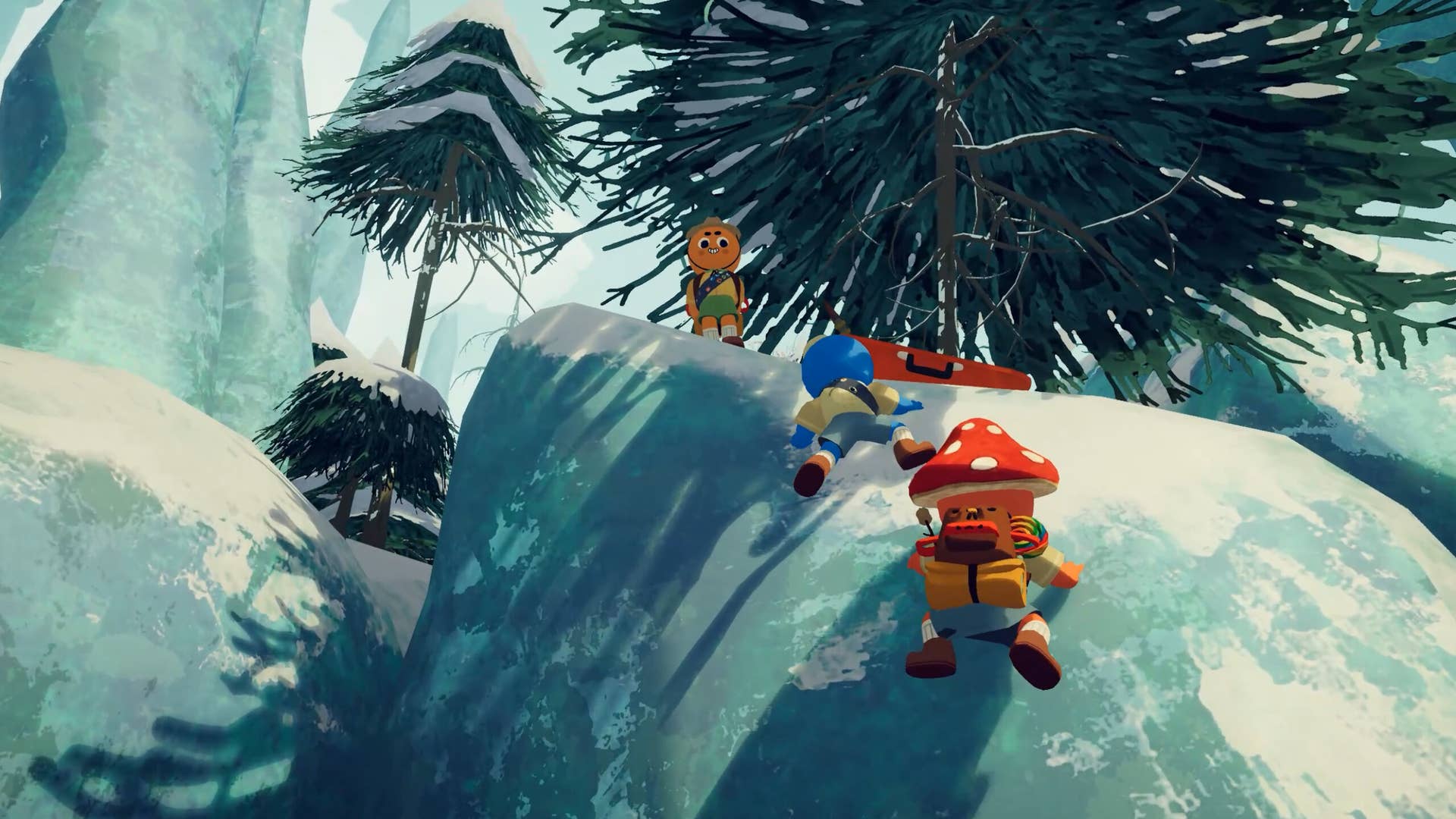
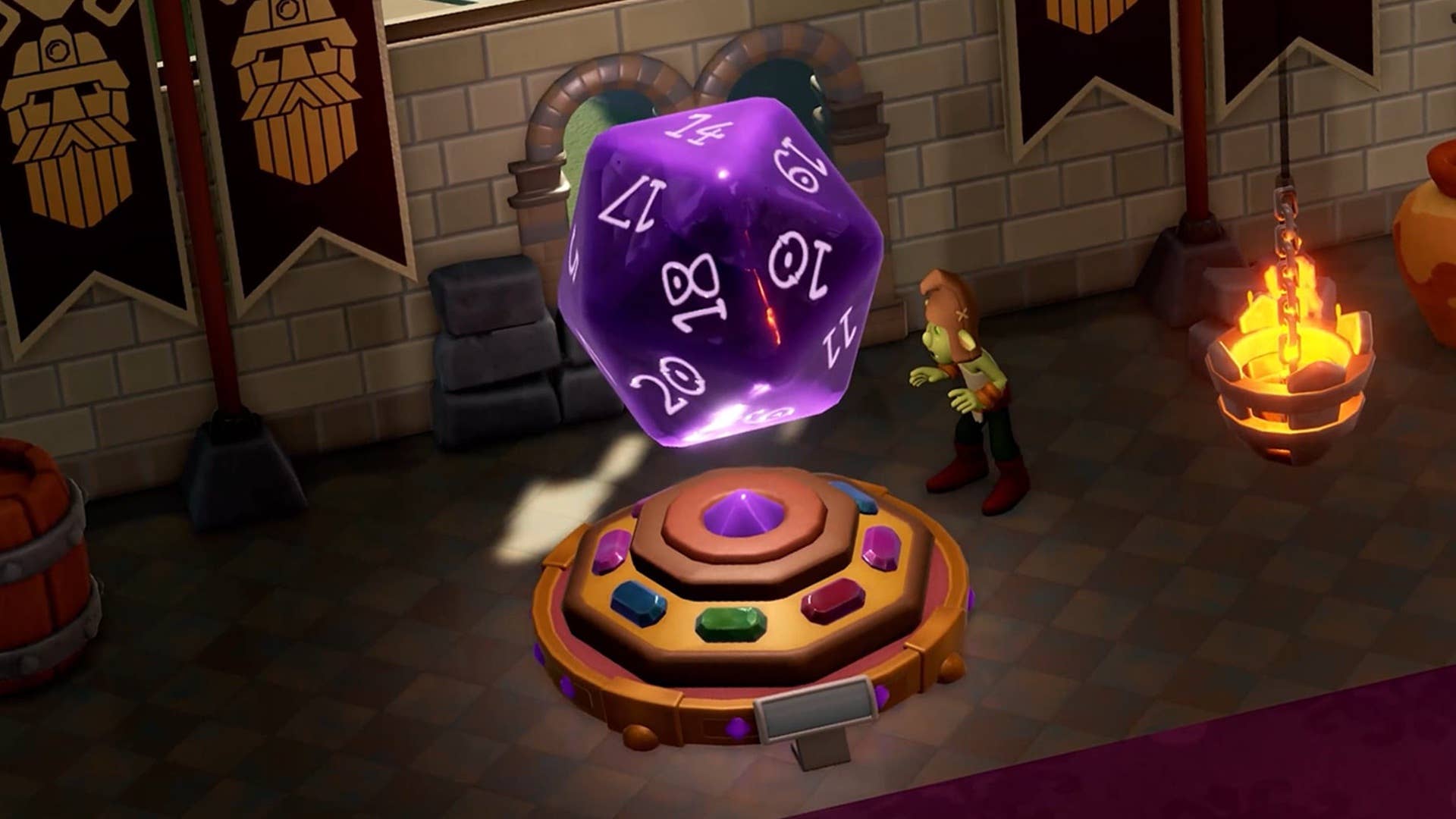













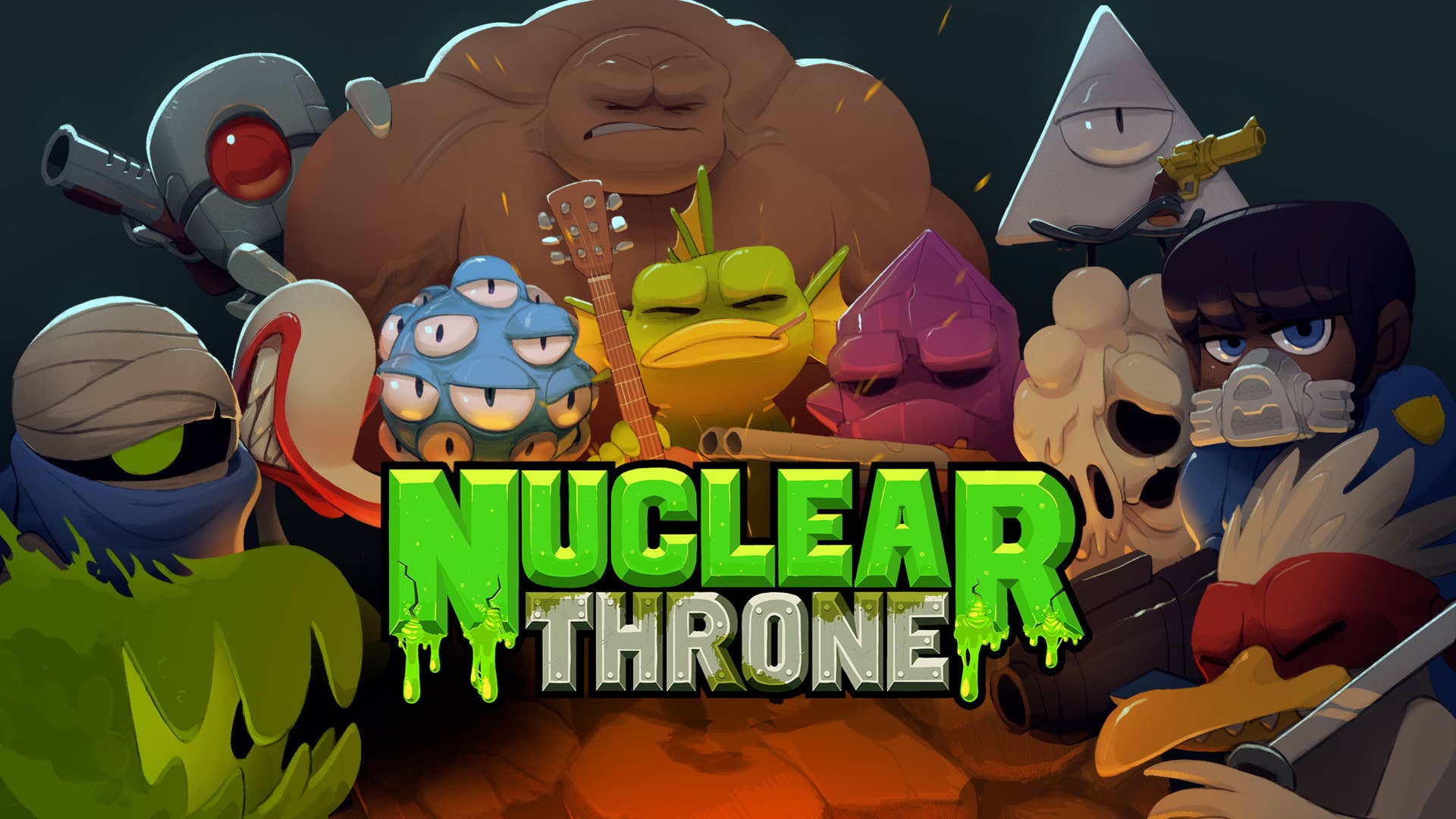






























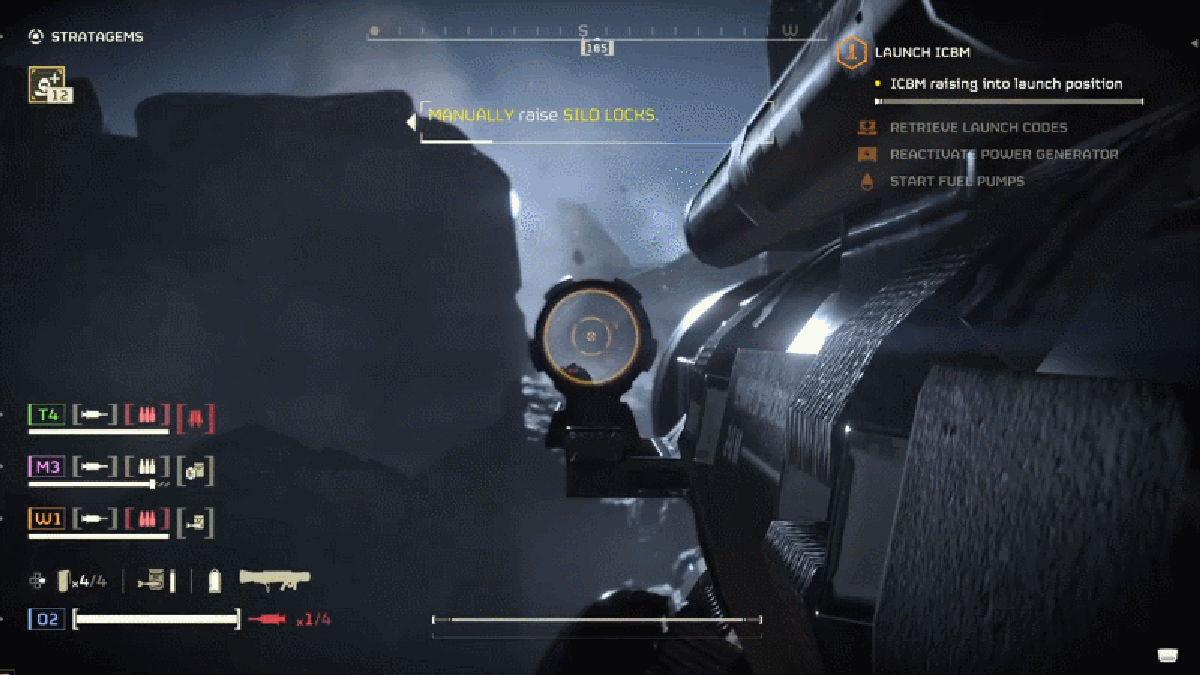
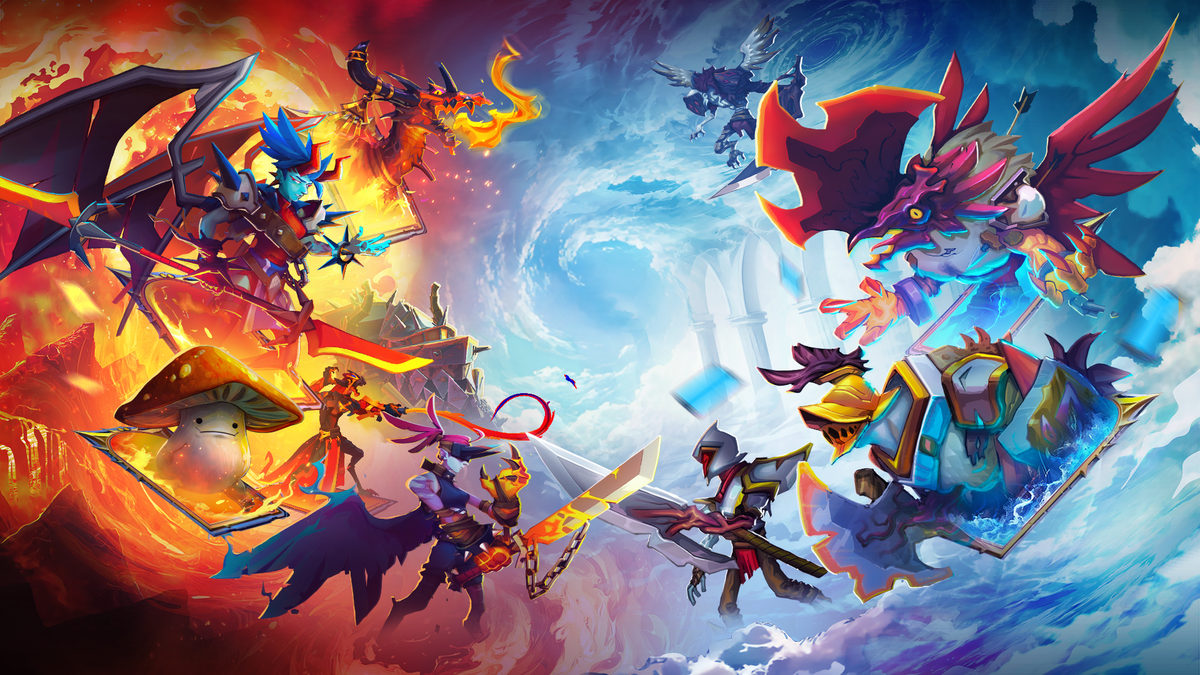
















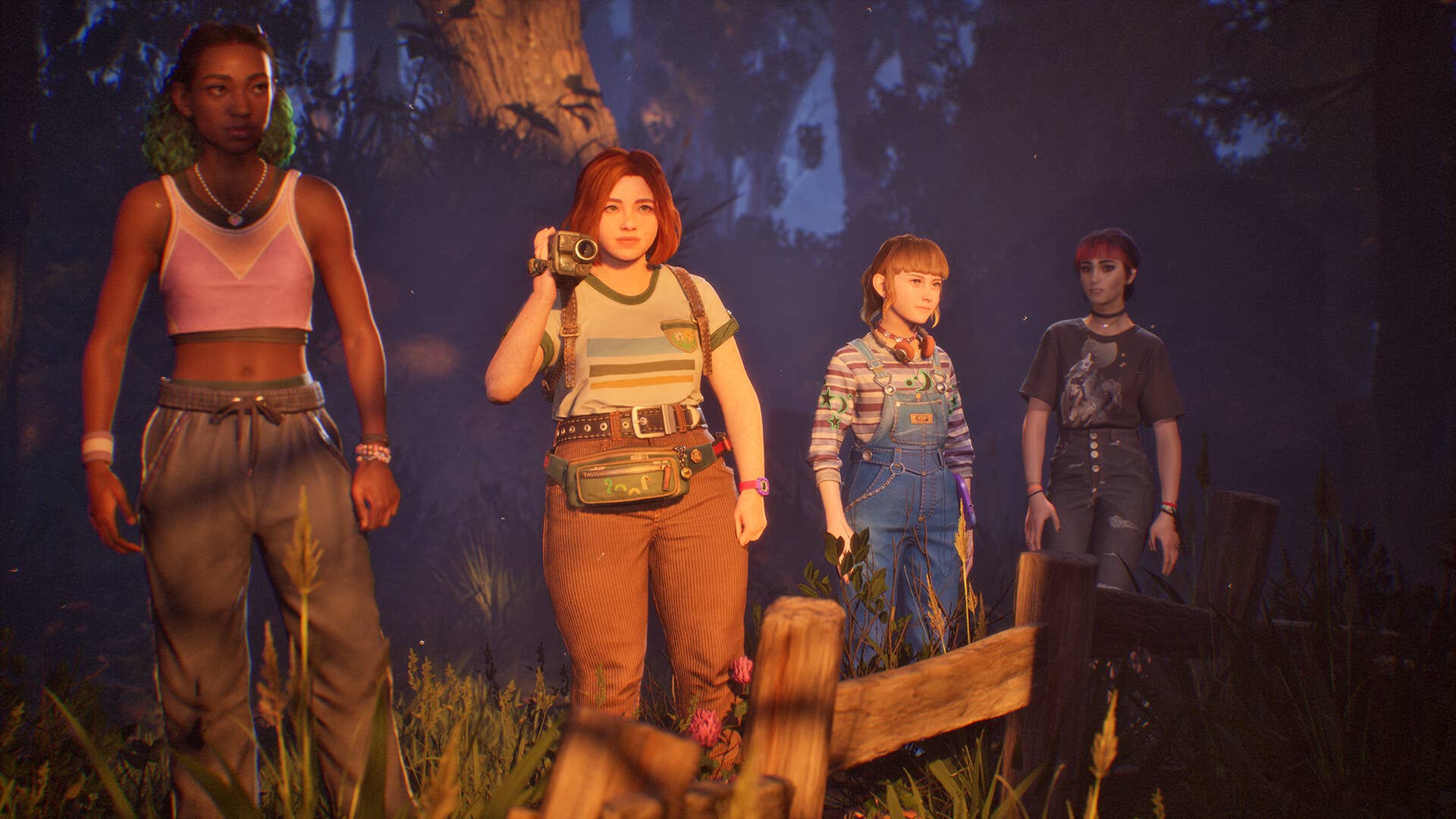



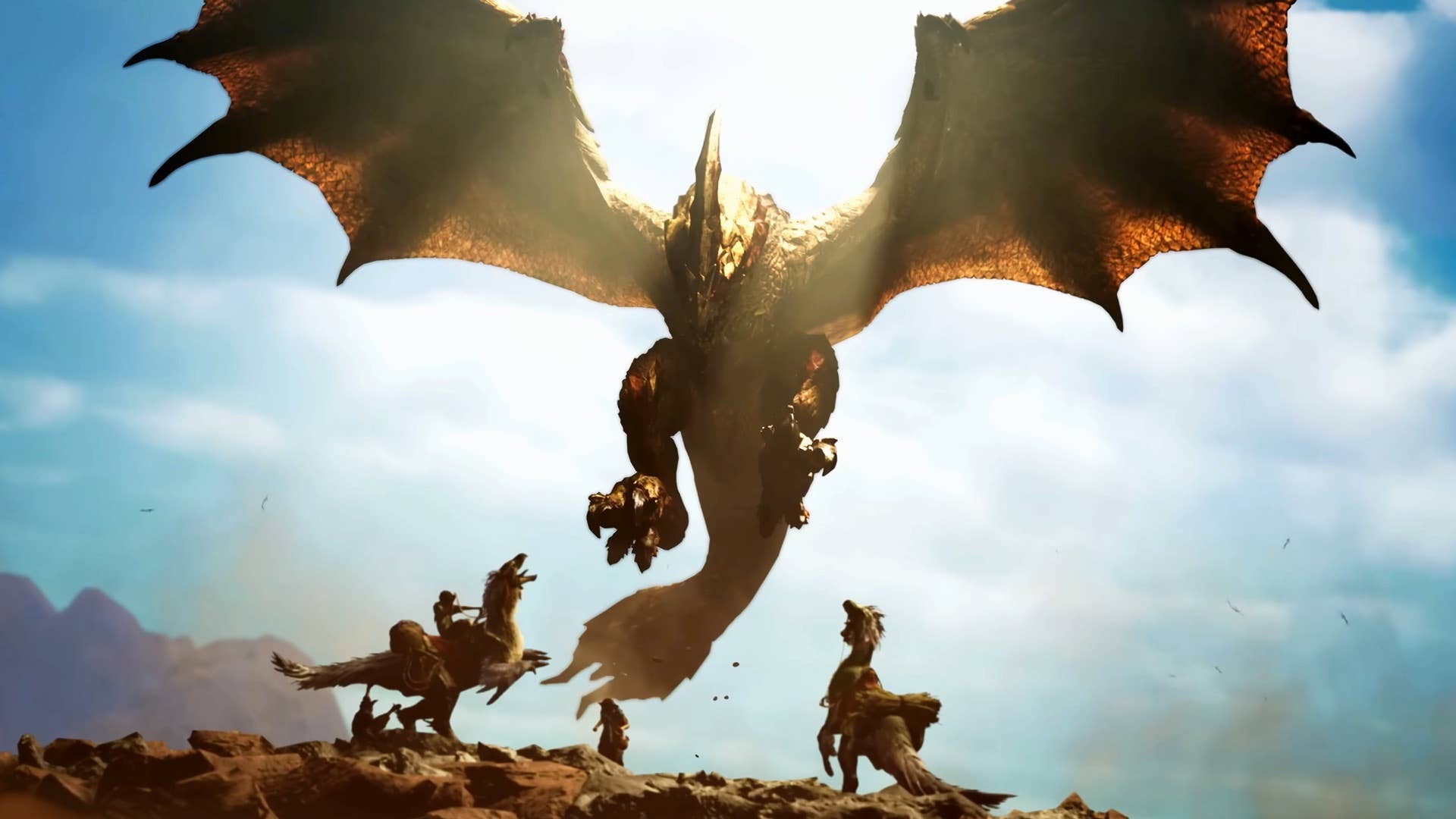






















_incamerastock_Alamy.jpg?width=1280&auto=webp&quality=80&disable=upscale#)
_Brain_light_Alamy.jpg?width=1280&auto=webp&quality=80&disable=upscale#)







































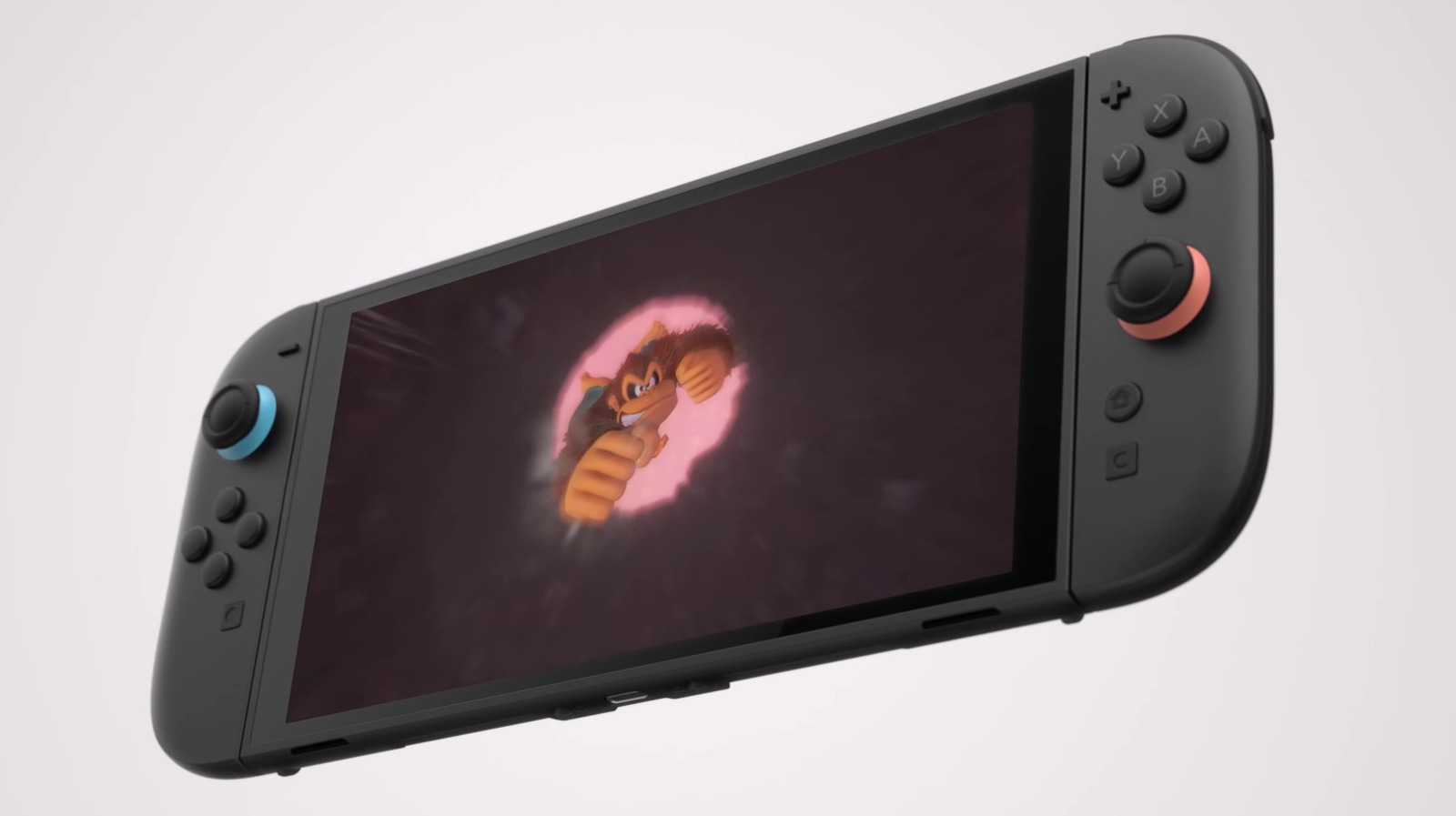

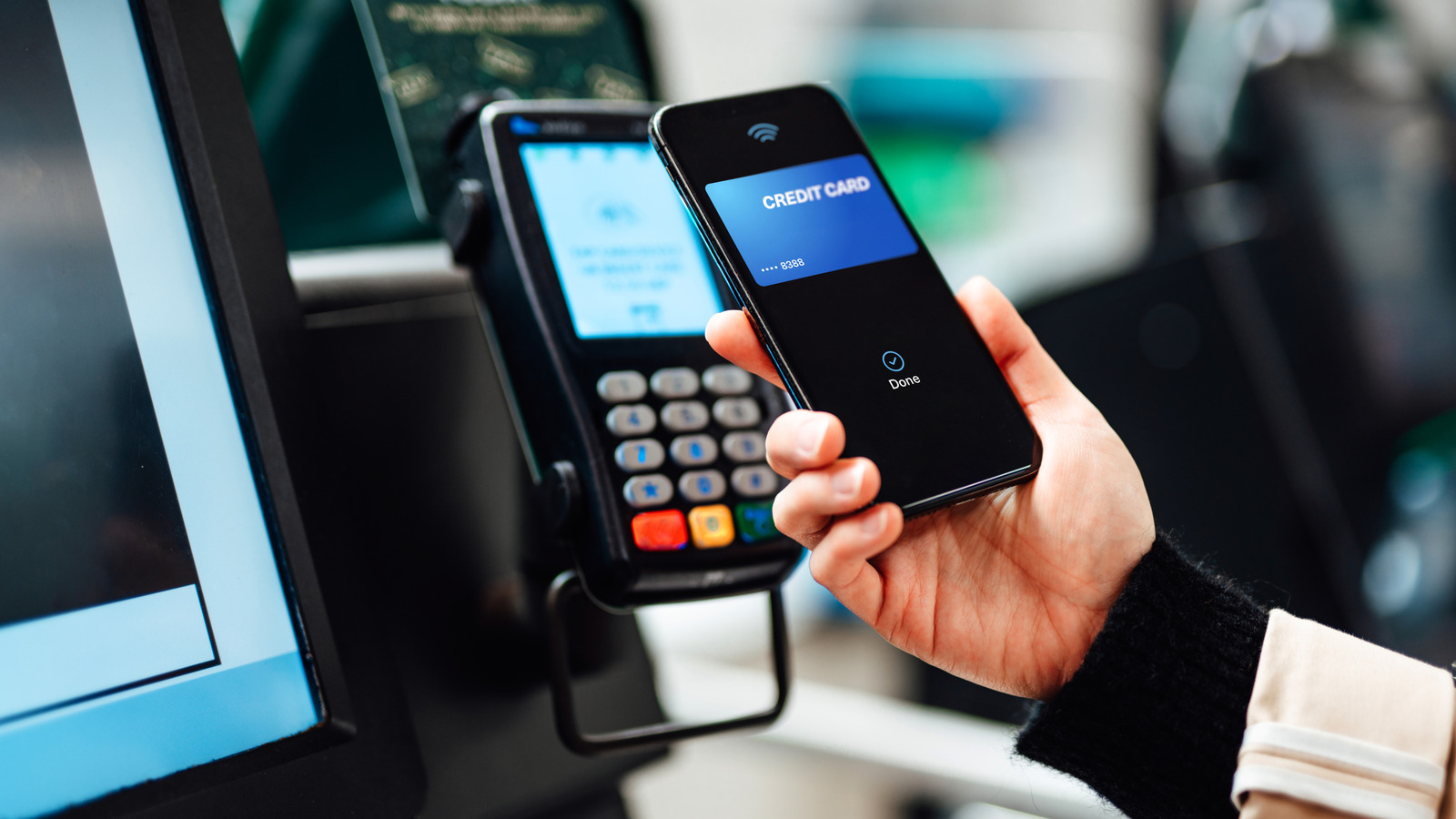







































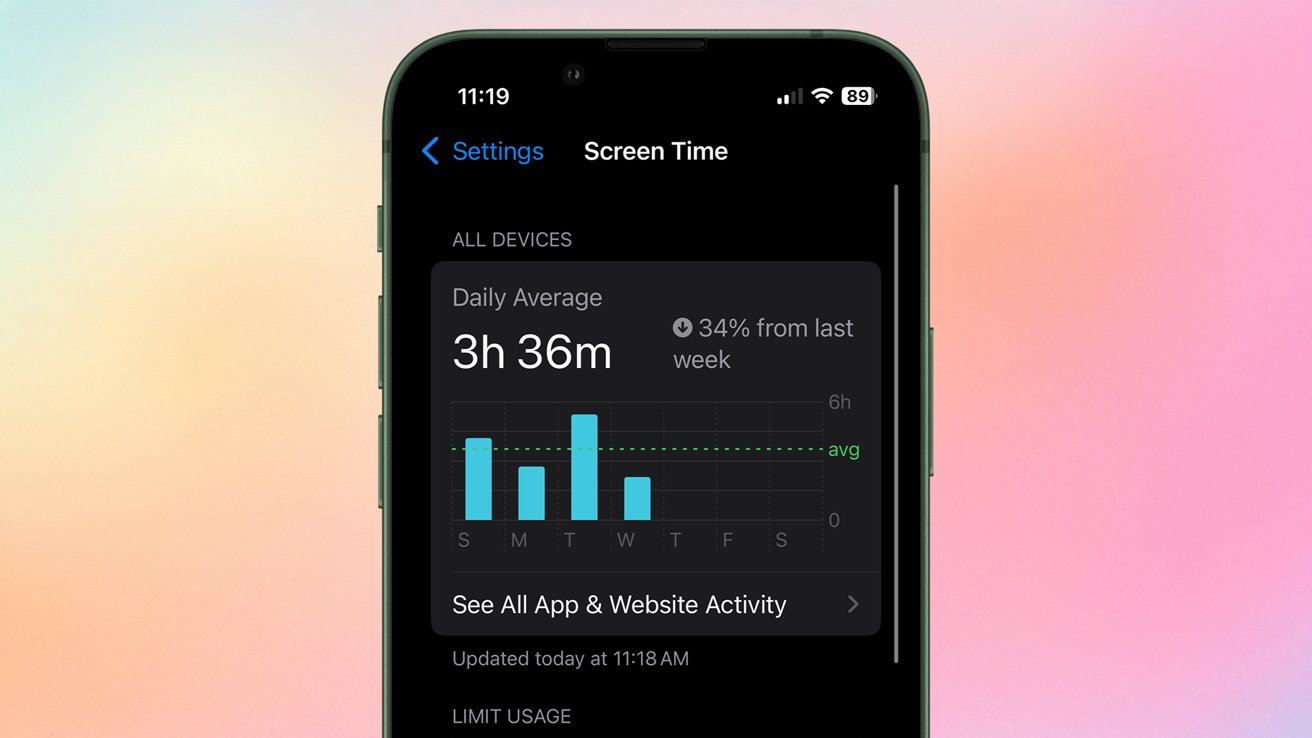


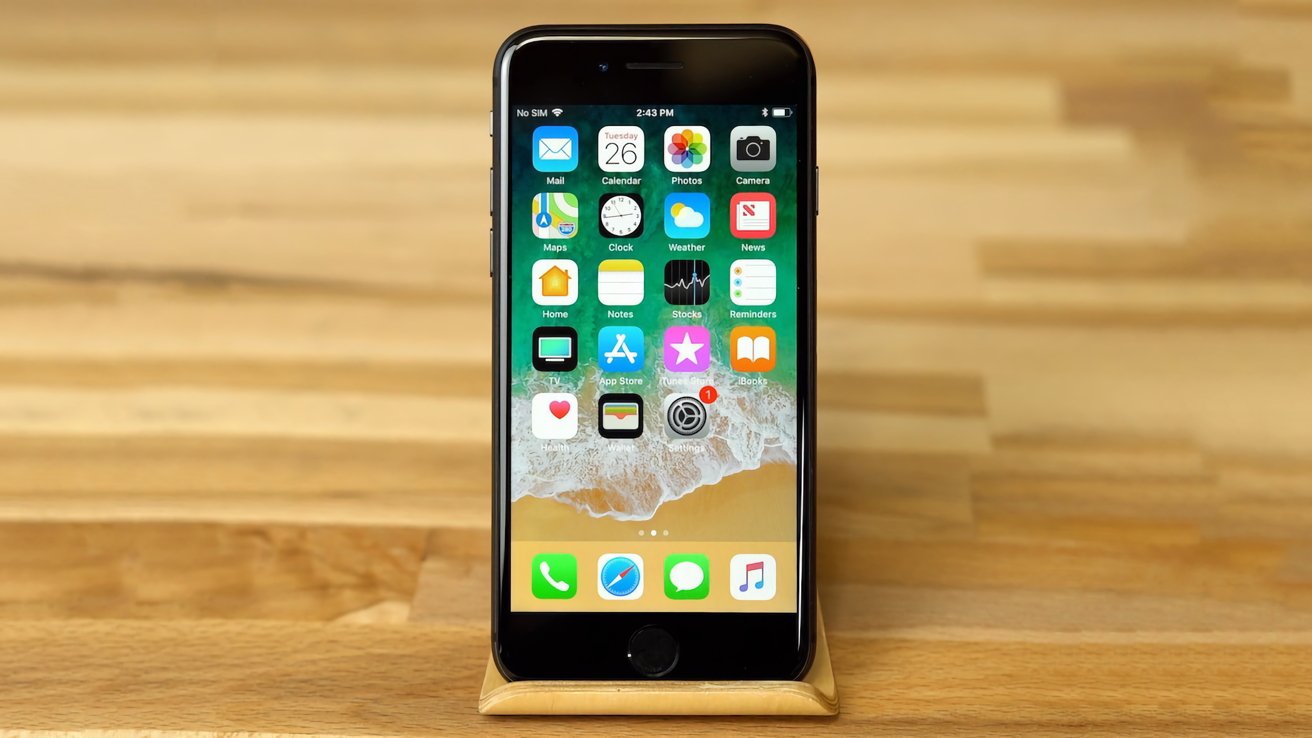
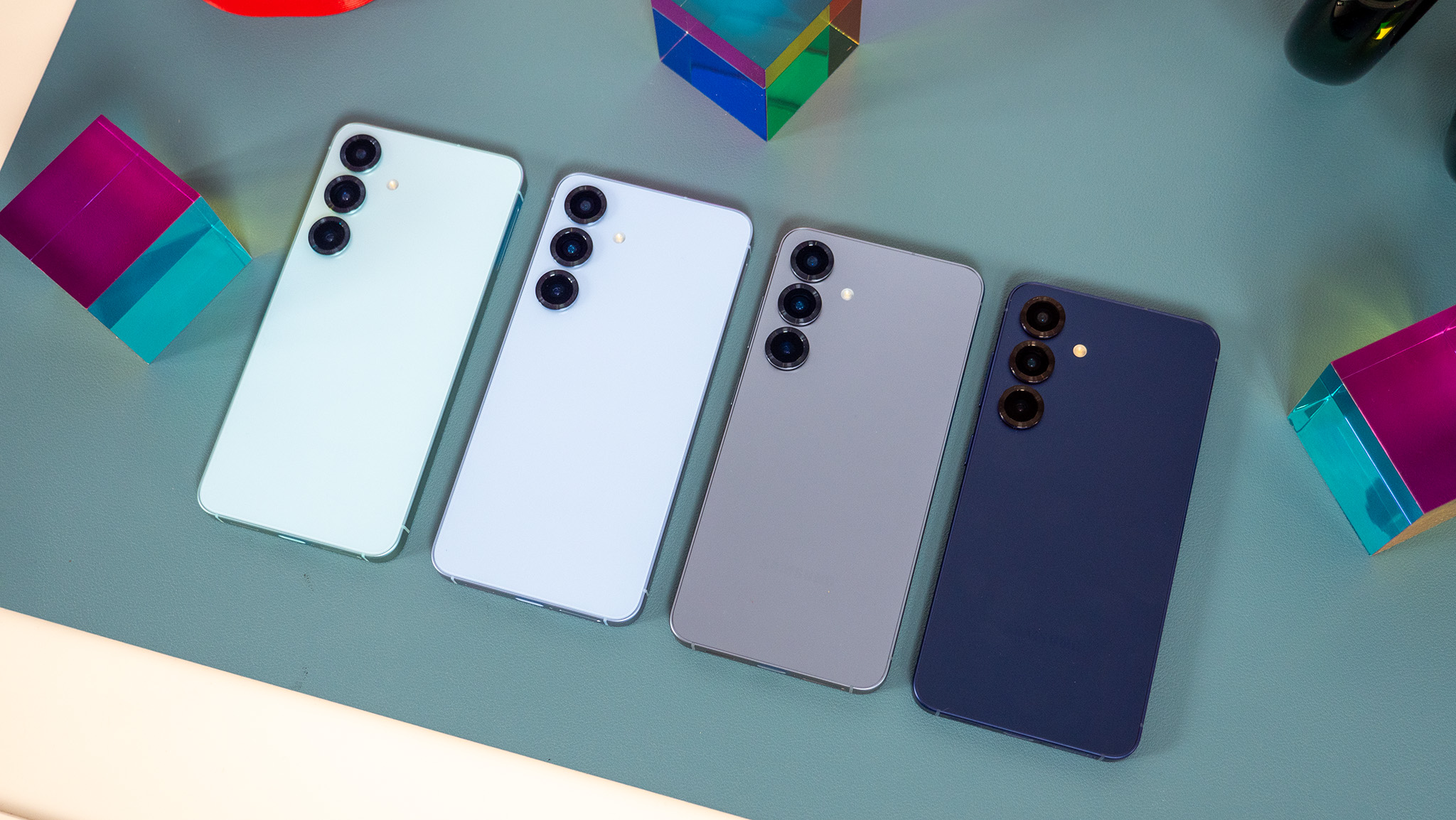

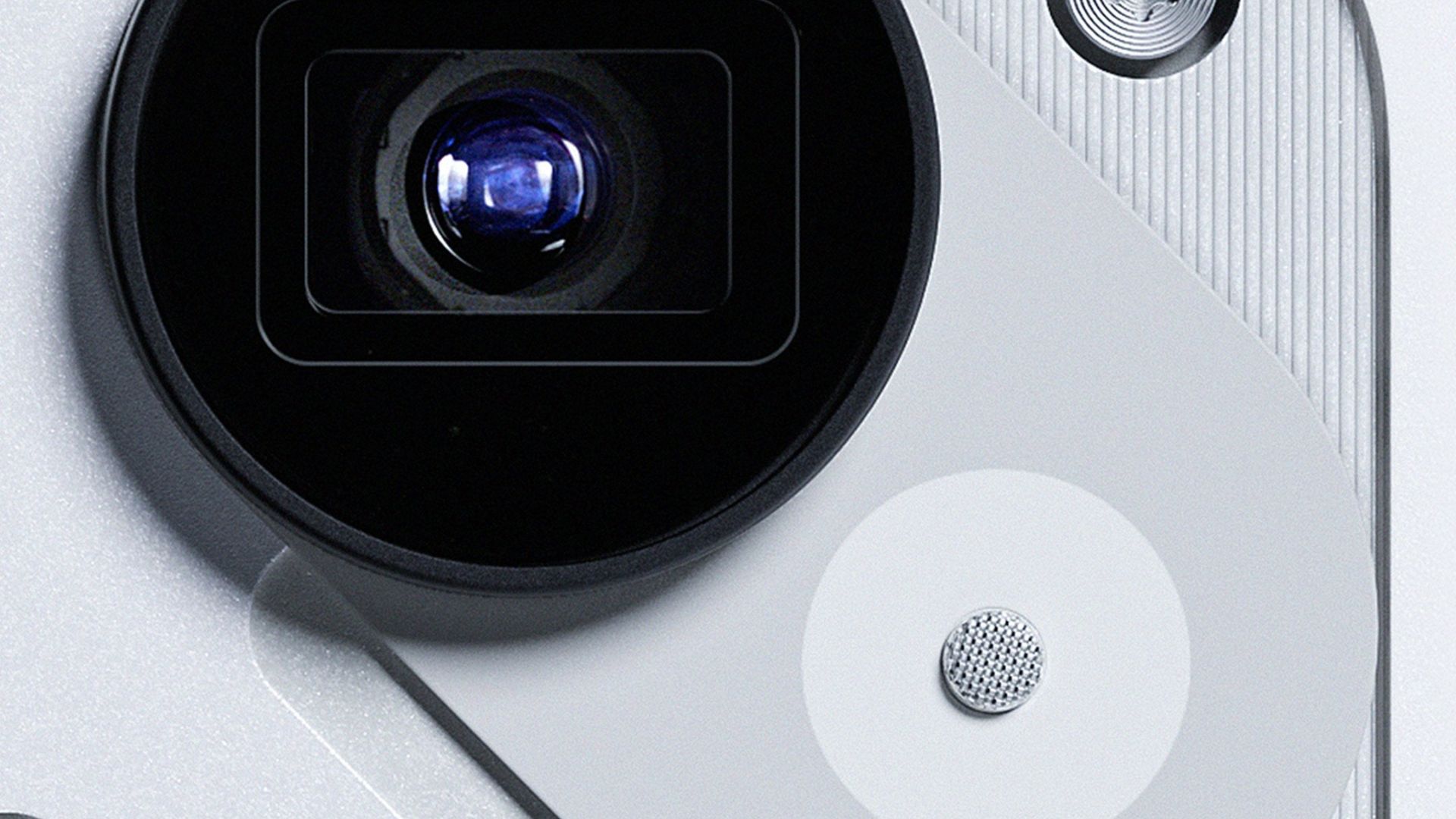
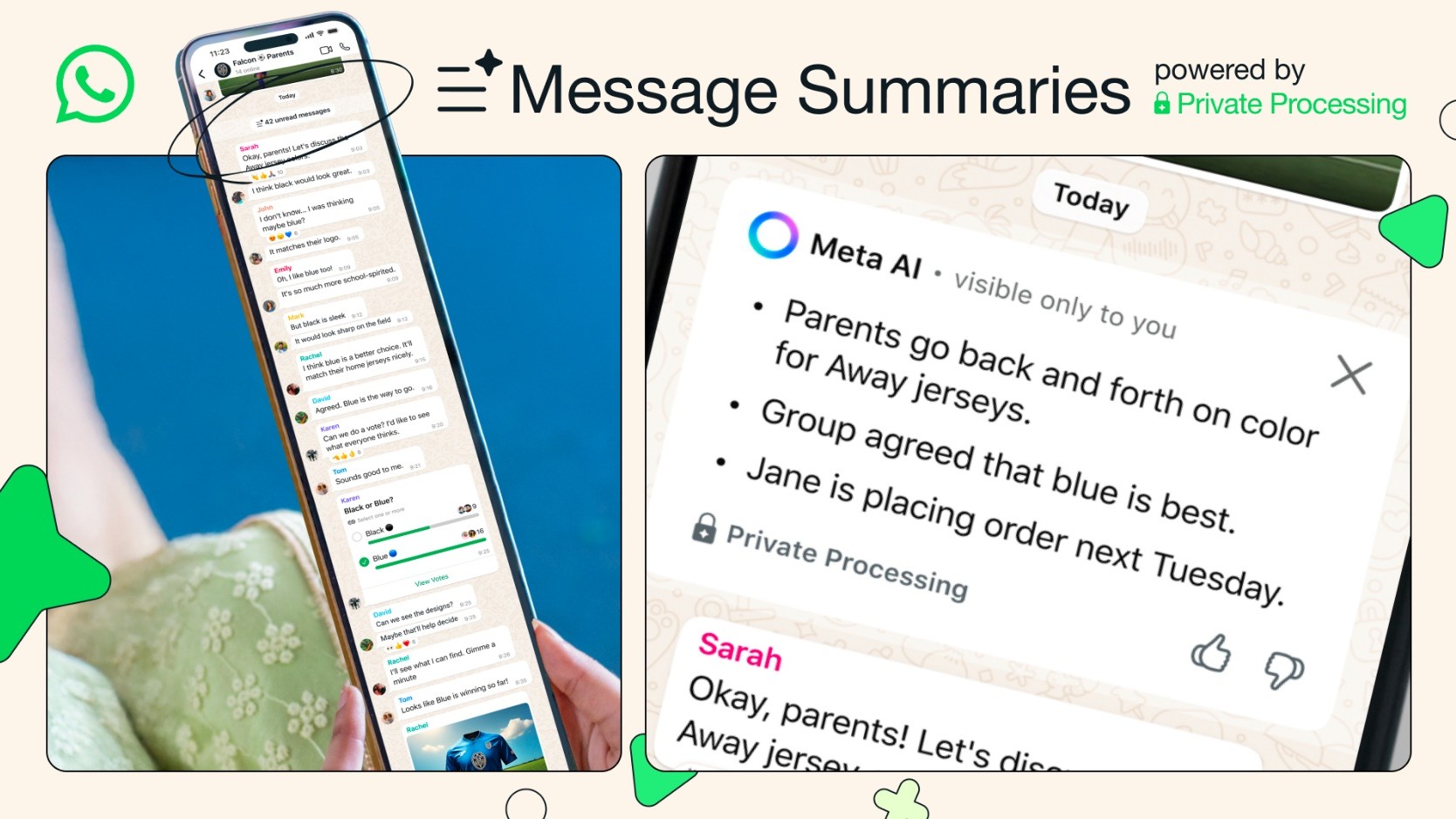
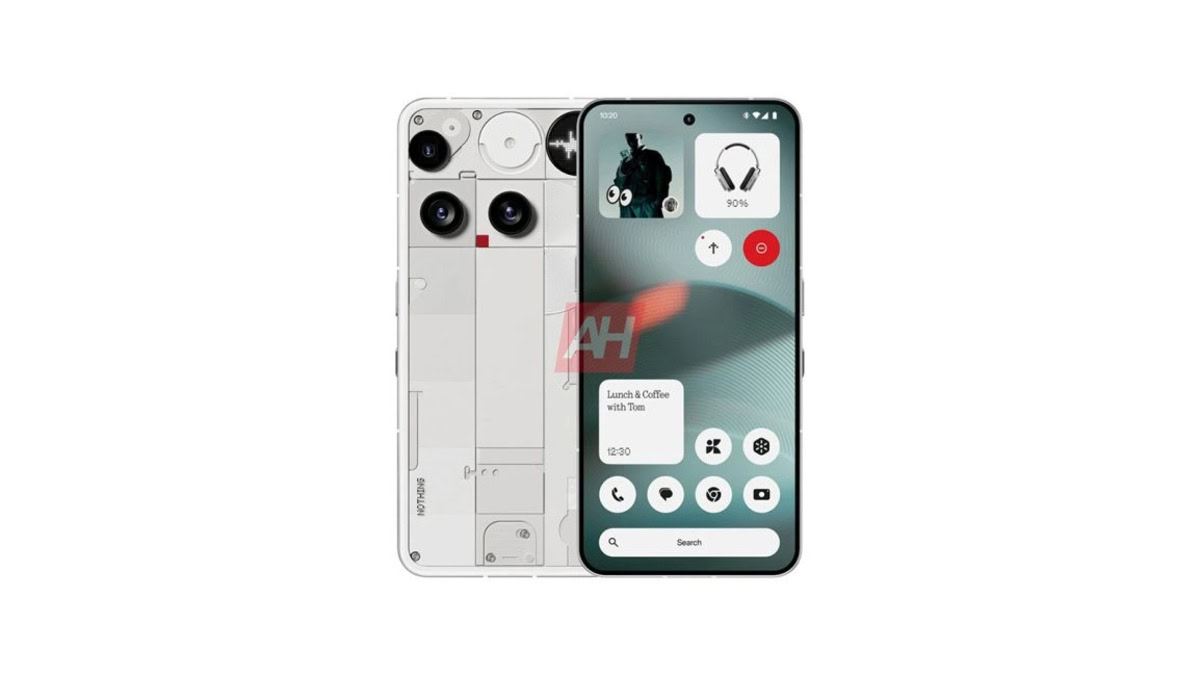



![Senators reintroduce App Store bill to rein in ‘gatekeeper power in the app economy’ [U]](https://i0.wp.com/9to5mac.com/wp-content/uploads/sites/6/2025/06/app-store-senate.jpg?resize=1200%2C628&quality=82&strip=all&ssl=1)
































